The 10 Most Expensive Presidential Campaigns That Ended in Defeat
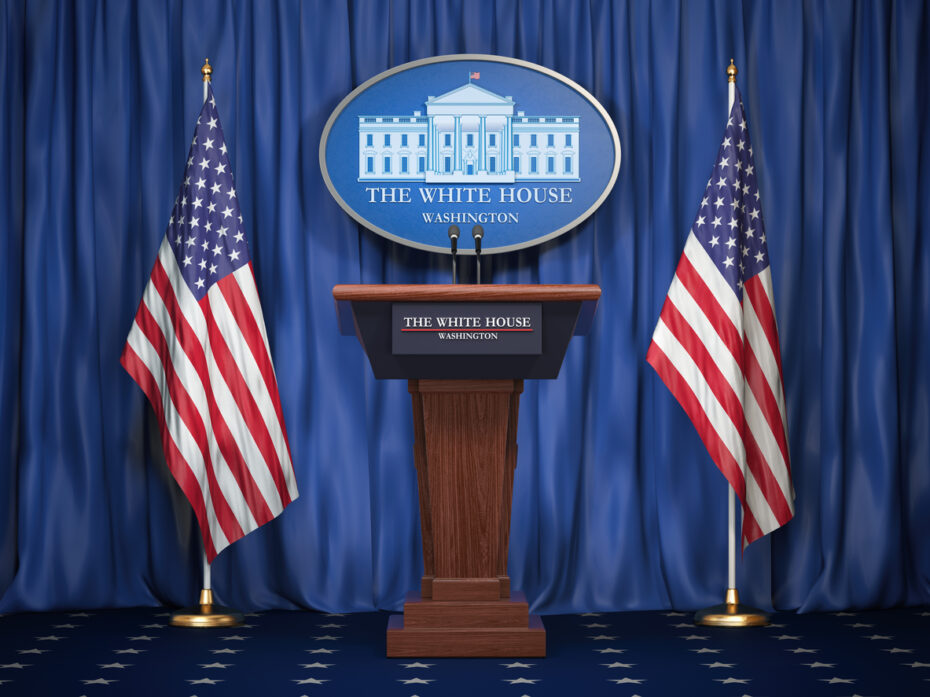
Thinking about running for the highest office in the land? It won’t be cheap. Over the years, the cost of running for president of the U.S. has skyrocketed, with many high-spending candidates ultimately falling short of victory despite pouring millions into their campaigns. From self-funded initiatives to record-breaking donations, these campaigns prove that even money can’t guarantee a ticket to the White House. Here are 10 of the most expensive presidential campaigns that resulted in a loss.
1. Michael Bloomberg (2020)
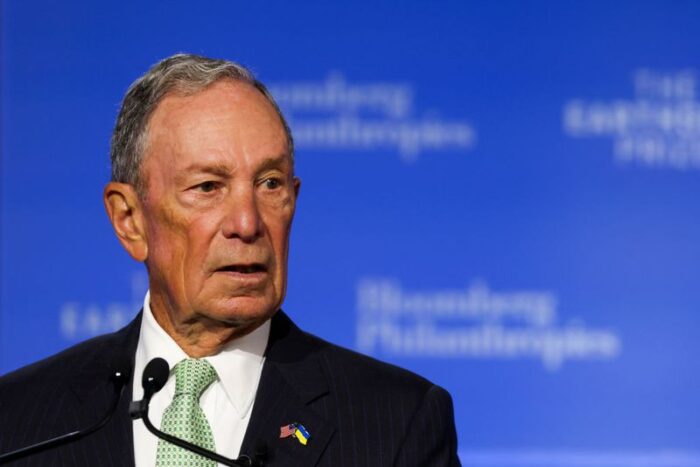
Estimated Campaign Cost: $1 billion (self-funded)
Lost to: Democratic Primary (Joe Biden)
Bloomberg’s self-funded campaign made headlines in 2020 for its astronomical spending, particularly on advertising and staffing efforts. But despite pouring over a billion dollars into his presidential bid, the former mayor of New York City failed to gain momentum with voters in the Democratic primary. Bloomberg withdrew after Super Tuesday in early March and endorsed Joe Biden as the Democratic nominee, marking one of the most expensive campaign failures in U.S. history.
2. Hillary Clinton (2016)
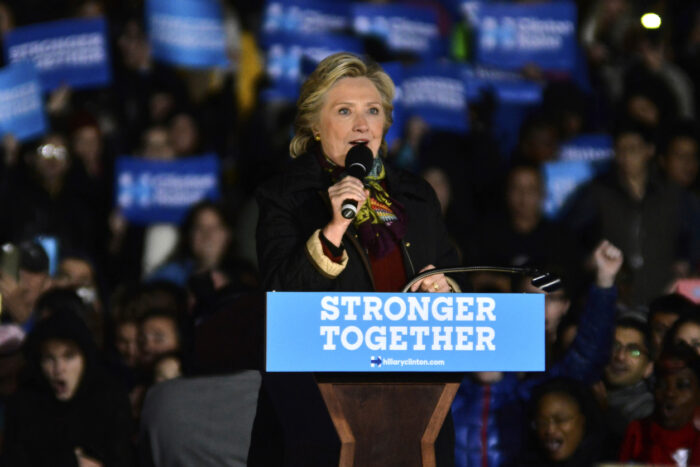
Estimated Campaign Cost: $768 million
Lost to: Donald Trump
Clinton’s 2016 campaign set the record for many things, including being the most expensive at that time. She was also poised to become the first female president of the U.S. Though most polls showed her in the lead running up to Election Day, she was defeated in the Electoral College despite winning the popular vote by nearly 3 million votes.
Clinton’s loss remains one of the most analyzed political defeats due to its unexpected nature, and the crucial role that swing states play in presidential elections.
3. Mitt Romney (2012)
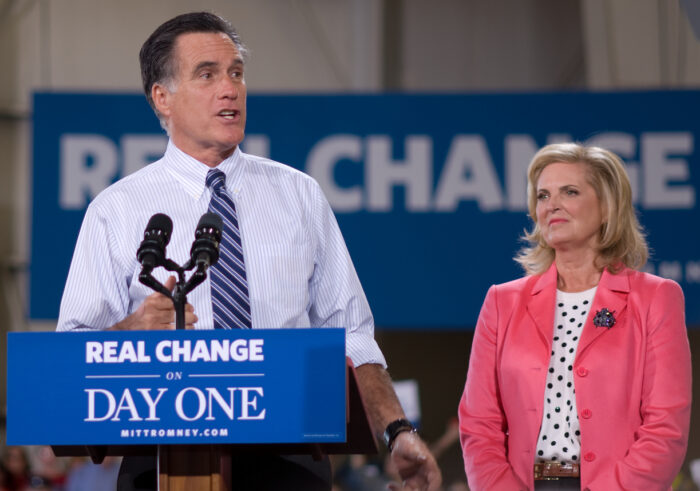
Estimated Campaign Cost: $482 million
Lost to: Barack Obama
Romney’s 2012 campaign was heavily funded by wealthy donors and Super Political Action Committees (Super PACs), making it one of the priciest in U.S. history. Though he ran on a platform of fiscal conservatism and business acumen in hopes of appealing to middle-class voters, he struggled to connect with working-class Americans. Despite launching a robust advertising campaign, Romney was defeated by Obama, whose grassroots campaign outmatched him in key battleground states.
Super PACs are independent organizations that can raise and spend “unlimited” amounts of money to support or oppose political candidates. Sounds like allowing rich donors to potentially influence U.S. politics is a powerful loophole.
4. John McCain (2008)
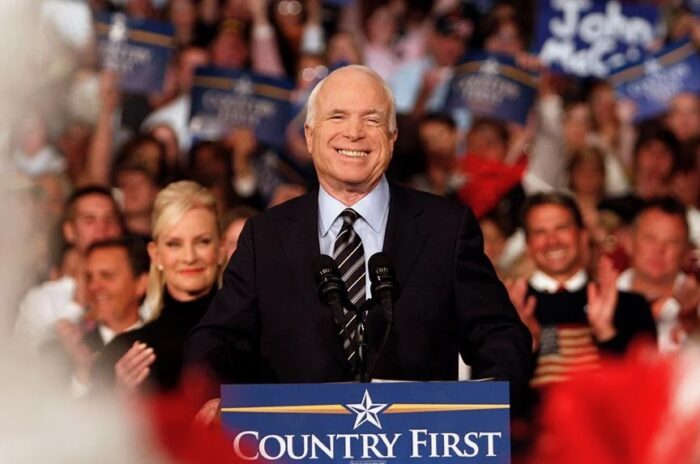
Estimated Campaign Cost: $333 million
Lost to: Barack Obama
Similarly, McCain’s campaign also struggled to keep pace with Obama’s grassroots fundraising efforts, which were largely boosted by small online donations. Though McCain’s choice of former Alaska governor Sarah Palin as a running mate garnered significant media attention, it failed to overcome Obama’s widespread appeal. His defeat was largely attributed to the economic crisis and recession of 2008, coupled with the unpopularity of the outgoing Bush administration.
5. John Kerry (2004)
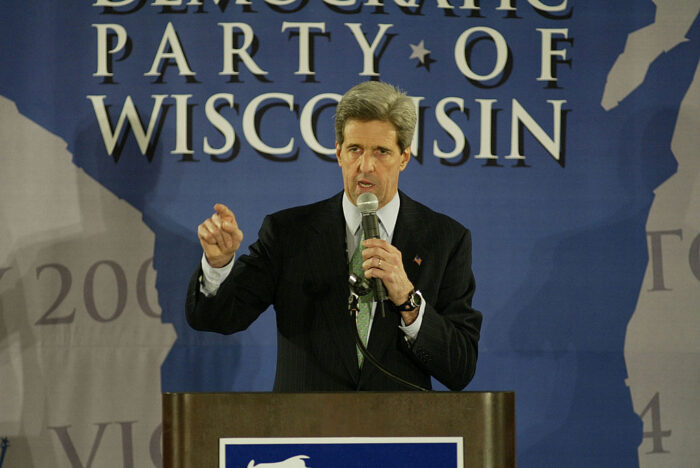
Estimated Campaign Cost: $310 million
Lost to: George W. Bush
Kerry’s campaign benefited from substantial fundraising, with much of it coming from grassroots efforts and contributions from Democratic strongholds. Though his performance in debates was praised by voters, he failed to secure key swing states like Ohio and Florida, which ultimately cost him the election. In comparison, Bush’s focus on national security and the ongoing war in Iraq played a decisive role in swaying undecided voters, particularly in battleground states.
6. Jeb Bush (2016)
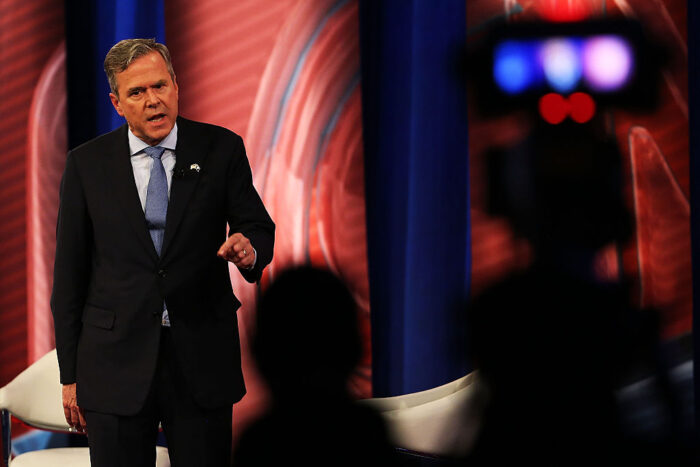
Estimated Campaign Cost: $152 million
Lost to: Republican Primary (Donald Trump)
Jeb Bush’s 2016 presidential bid was supported by a massive war chest, with significant contributions from private donors and Super PACs. Despite appearing as a frontrunner in the early stages of the race, his candidacy failed to resonate with staunch Republican voters, especially in the face of Trump’s campaign. Bush’s early exit from the race after weak primary showings in South Carolina made his campaign one of the costliest flops in GOP history.
7. Al Gore (2002)
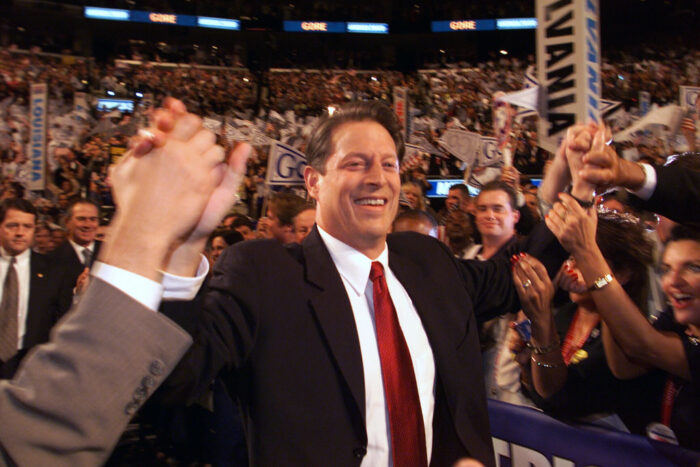
Estimated Campaign Cost: $120 million
Lost to: George W. Bush
For those who were too young to remember, the 2000 election was a doozy. Gore’s campaign came within a few hundred votes (537 to be exact) in Florida of winning the presidency, ultimately leading to a dramatic Supreme Court decision to determine the outcome. Despite outspending Bush in campaign efforts and winning the popular vote, the election was decided by the controversial Bush v. Gore ruling. It remains one of the most contentious and debated elections in U.S. history.
8. Ross Perot (1992)
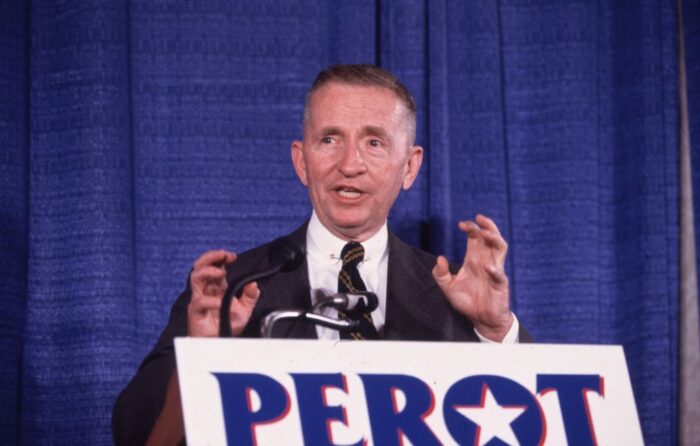
Estimated Campaign Cost: $65 million (self-funded)
Lost to: Independent (Bill Clinton and George H.W. Bush)
Perot’s self-funded, third-party campaign was historic, garnering 19% of the popular vote (the highest for a third-party candidate in modern history). Though his focus on fiscal responsibility and government reform resonated with many voters, it wasn’t enough to win any Electoral College votes (oof). Despite losing the election, Perot’s campaign reshaped the political landscape by showcasing the potential influence of independent candidates. The Texas native died in 2019 at the age of 89.
9. Rudy Giuliani (2008)
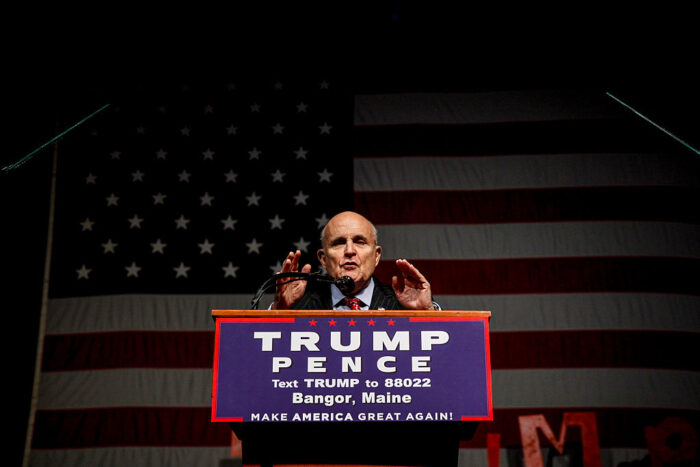
Estimated Campaign Cost: $58 million
Lost to: Republican Primary (John McCain)
Giuliani, the former Associate Attorney General, entered the race as a front-runner due to his leadership during the 9/11 attacks in New York City. But despite investing sizable funds during initial campaign efforts, he failed to gain traction with Republican voters. His strategy of focusing on Florida rather than competing in early primaries backfired and cost him. By the time he seriously engaged, McCain had already gained significant momentum, leading to Giuliani’s early exit from the race.
In July 2024, he was also disbarred due to “false and misleading” statements regarding election fraud in the 2020 election.
10. Howard Dean (2004)
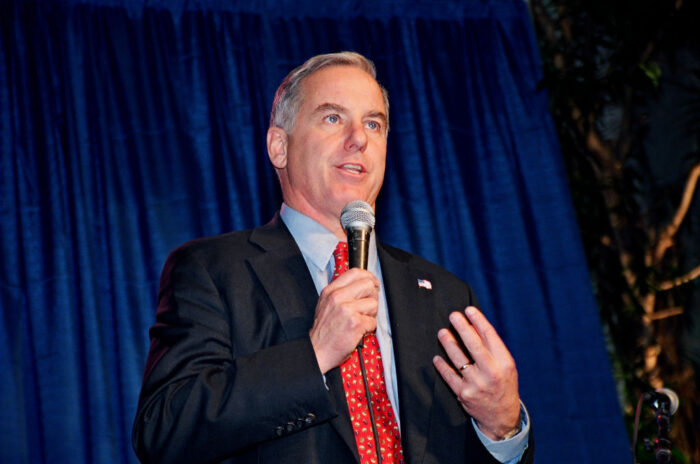
Estimated Campaign Cost: $51 million
Lost to: Democratic Primary (John Kerry)
Howard Dean, a former governor of Vermont and a physician by trade, entered the 2004 Democratic primary as a progressive candidate with a strong anti-Iraq War stance. Despite emerging as an early favorite, Dean’s campaign relied too heavily on online donations and grassroots fundraising, which failed to sustain appeal among his party’s base. This, coupled with his infamous “Dean scream” moment after a loss in the Iowa caucuses, damaged his image and momentum.